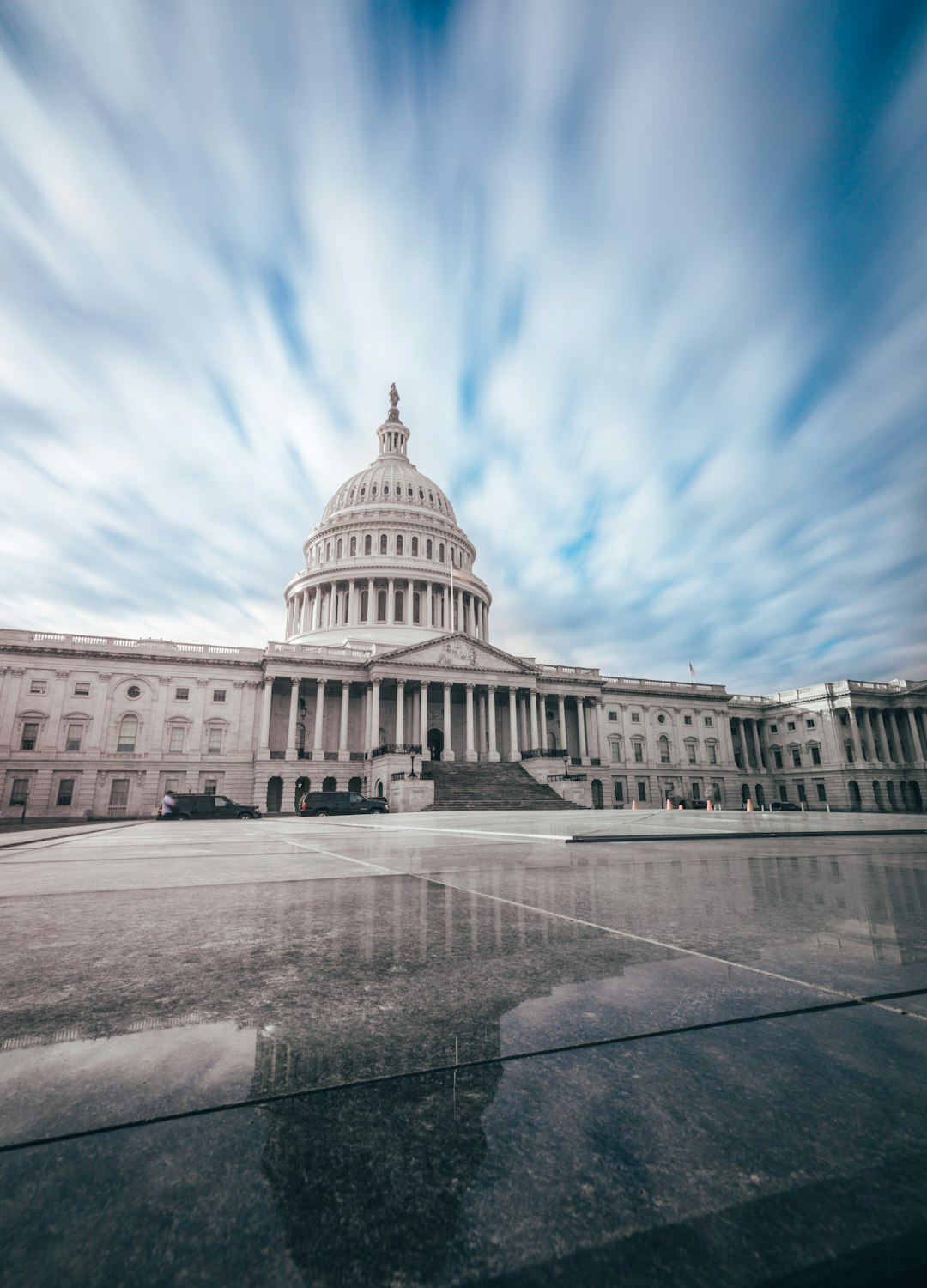Washington State's strict Telemarketing laws, including the "Do Not Call" list, protect residents from unwanted calls and ensure fair business practices. Businesses must adhere to regulations like the Telephone Consumer Protection Act (TCPA) or face fines. Residents with telemarketing issues should consult a qualified Do Not Call Lawyer in Washington for legal counsel or to file complaints. These attorneys specialize in navigating complex rules, protecting consumer rights, and supporting businesses in maintaining compliance.
In Washington State, the legal landscape of telemarketing is a intricate web of regulations designed to protect consumers from unwanted calls. This article explores the key aspects of telemarketing laws, focusing on Do Not Call rules specifically targeting lawyer practices, law firms, and attorneys. Understanding these regulations is crucial for businesses aiming to comply with state laws and avoid legal repercussions when engaging in telemarketing activities, especially for those seeking legal representation related to Do Not Call issues.
Understanding Telemarketing Regulations in Washington State

Telemarketing laws in Washington State are designed to protect residents from unwanted phone calls and ensure fair business practices. The state has specific regulations in place, particularly focusing on the “Do Not Call” list, which is a crucial aspect for businesses engaging in telemarketing activities. This list allows individuals to opt-out of receiving marketing calls, ensuring their privacy and peace of mind. Businesses must adhere to strict guidelines when contacting potential clients; failure to do so can result in legal repercussions, including fines.
For those who require legal counsel regarding telemarketing practices or wish to file a complaint against a company that has violated their rights, seeking help from a qualified do not call lawyer in Washington State is essential. These attorneys specialize in navigating the complex legal landscape and can guide businesses on how to comply with the state’s regulations. They also offer support to residents who have been harassed by telemarketers, ensuring their rights are respected and protected.
Do Not Call Laws: What Businesses Need to Know

In Washington State, Do Not Call (DNC) laws are in place to protect residents from unwanted telemarketing calls. Businesses engaging in telemarketing activities must be aware of and comply with these regulations to avoid legal repercussions. The primary piece of legislation to note is the Washington State Do Not Call Law, which allows consumers to register their phone numbers on a “do not call” list, restricting marketing calls from various sources, including law firms, attorneys, and other businesses.
If you are a business operating in Washington or looking to market services there, it’s crucial to consult with a qualified Do not call lawyer Washington or Do not call attorney Washington. They can guide your organization on how to navigate these laws effectively. Failure to comply may result in fines, and consumers have legal recourse against businesses that disregard their DNC registration. Understanding the rules is essential to maintaining customer relations and avoiding costly mistakes, especially when it comes to respecting privacy and consumer choices.
Navigating Legal Obligations for Lawyer Practices in Washington

Lawyer practices in Washington State must navigate a series of legal obligations when it comes to telemarketing activities. Given that Washington has stringent consumer protection laws, any form of unsolicited contact with potential clients, including phone calls, texts, and emails, must adhere to strict guidelines. The “Do Not Call” list maintained by the state is a crucial aspect of this regulation, preventing lawyer firms from contacting individuals who have opted-out of such communications.
For Washington State lawyers looking to engage in telemarketing, it’s essential to ensure compliance with both federal and state regulations, particularly those related to the Telephone Consumer Protection Act (TCPA). This includes obtaining explicit consent before initiating calls, providing a clear and easy opt-out mechanism, and maintaining detailed records of call activities. Engaging a lawyer specializing in privacy law or consulting with legal experts can help practices navigate these complex obligations effectively, ensuring they maintain compliance while reaching their target audience.






